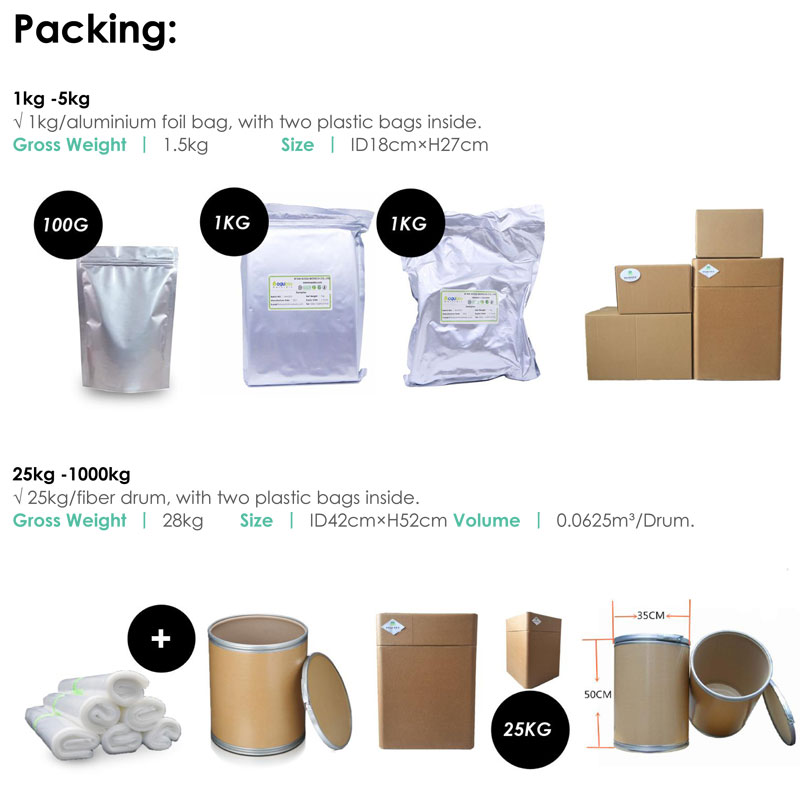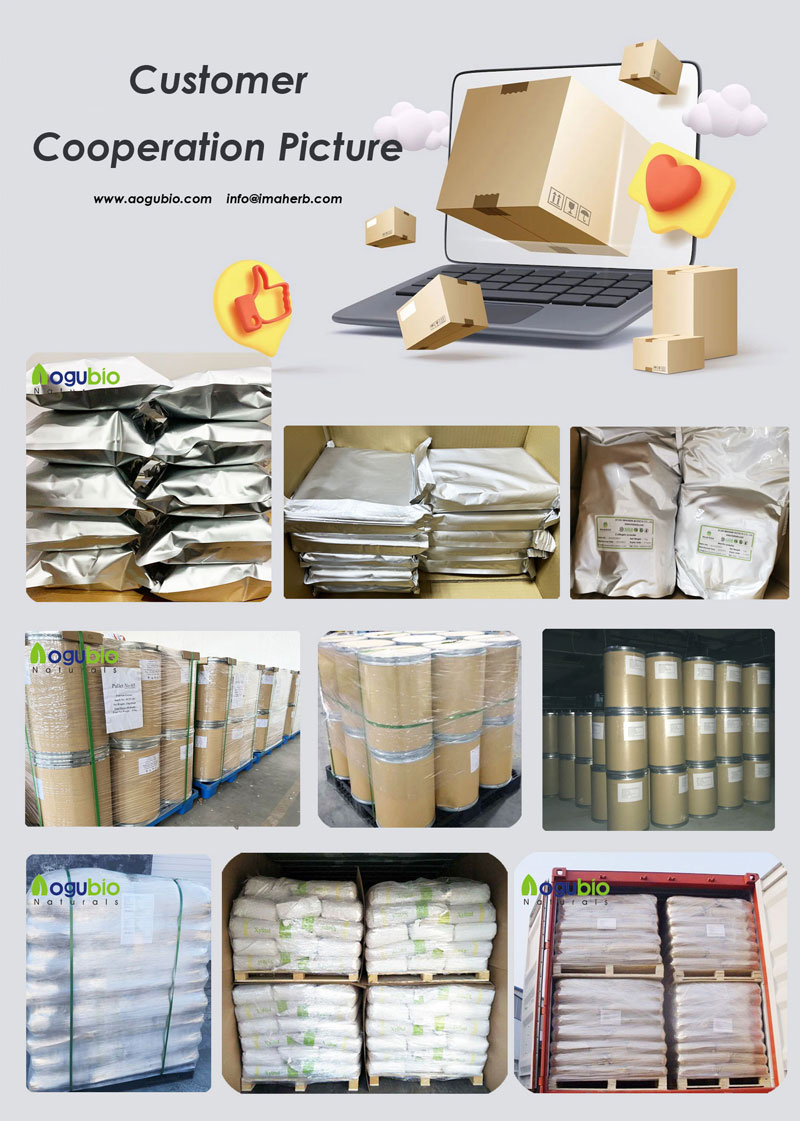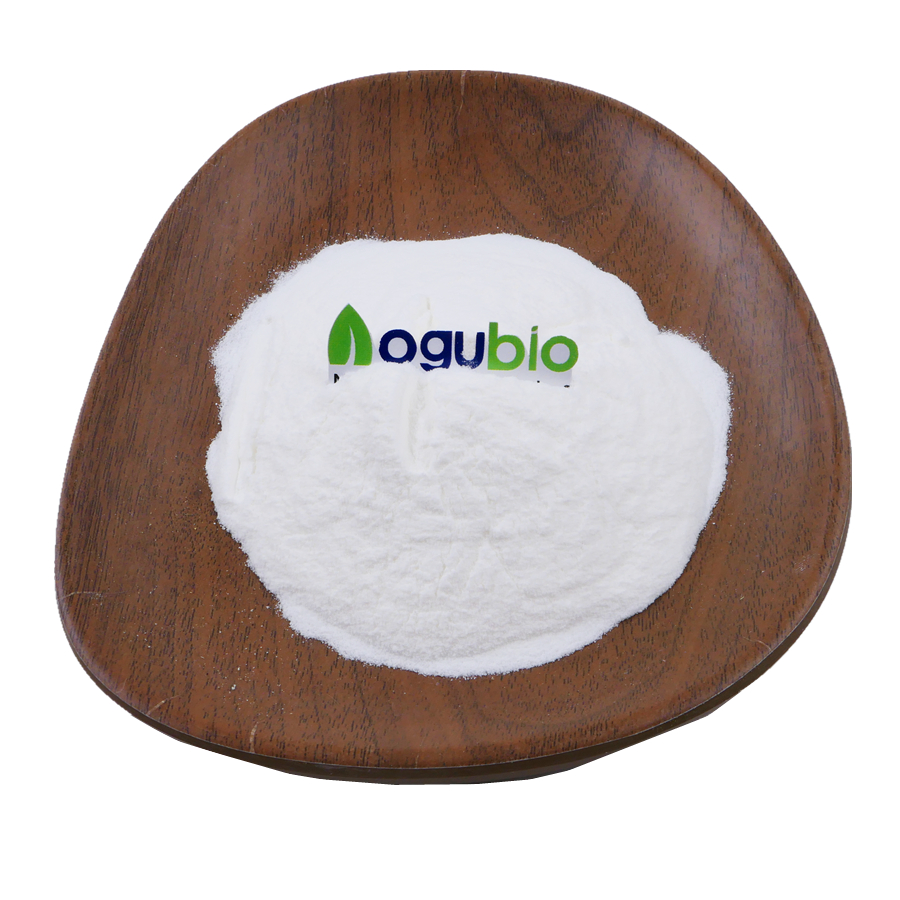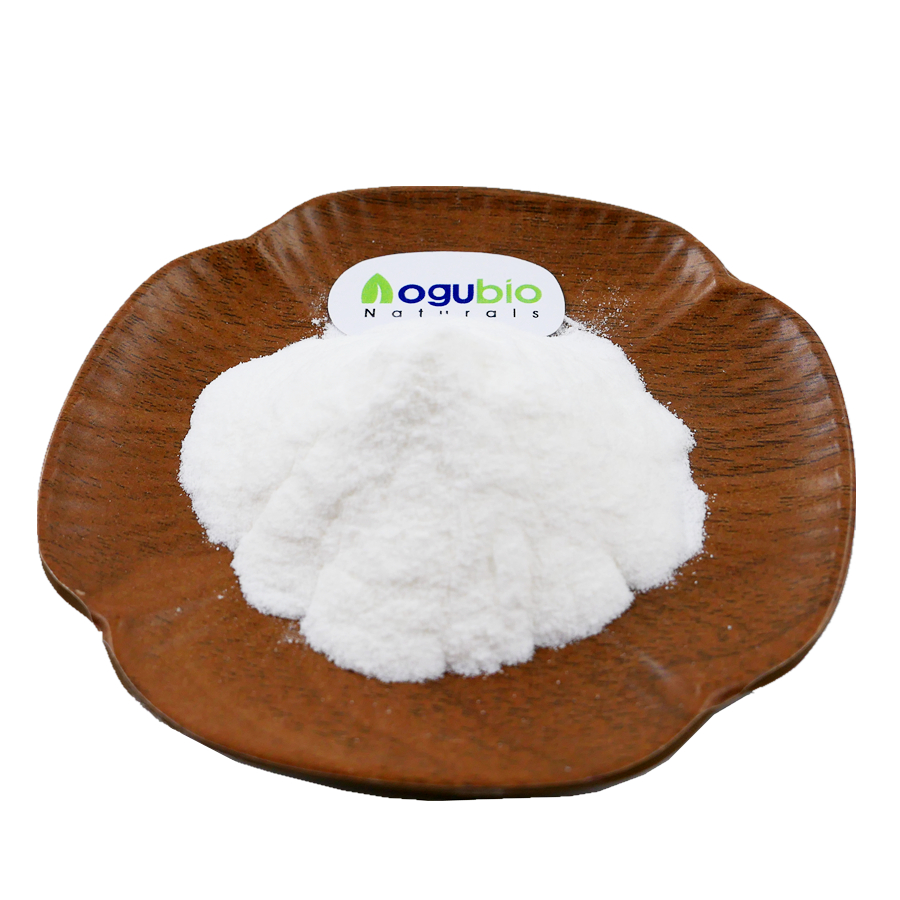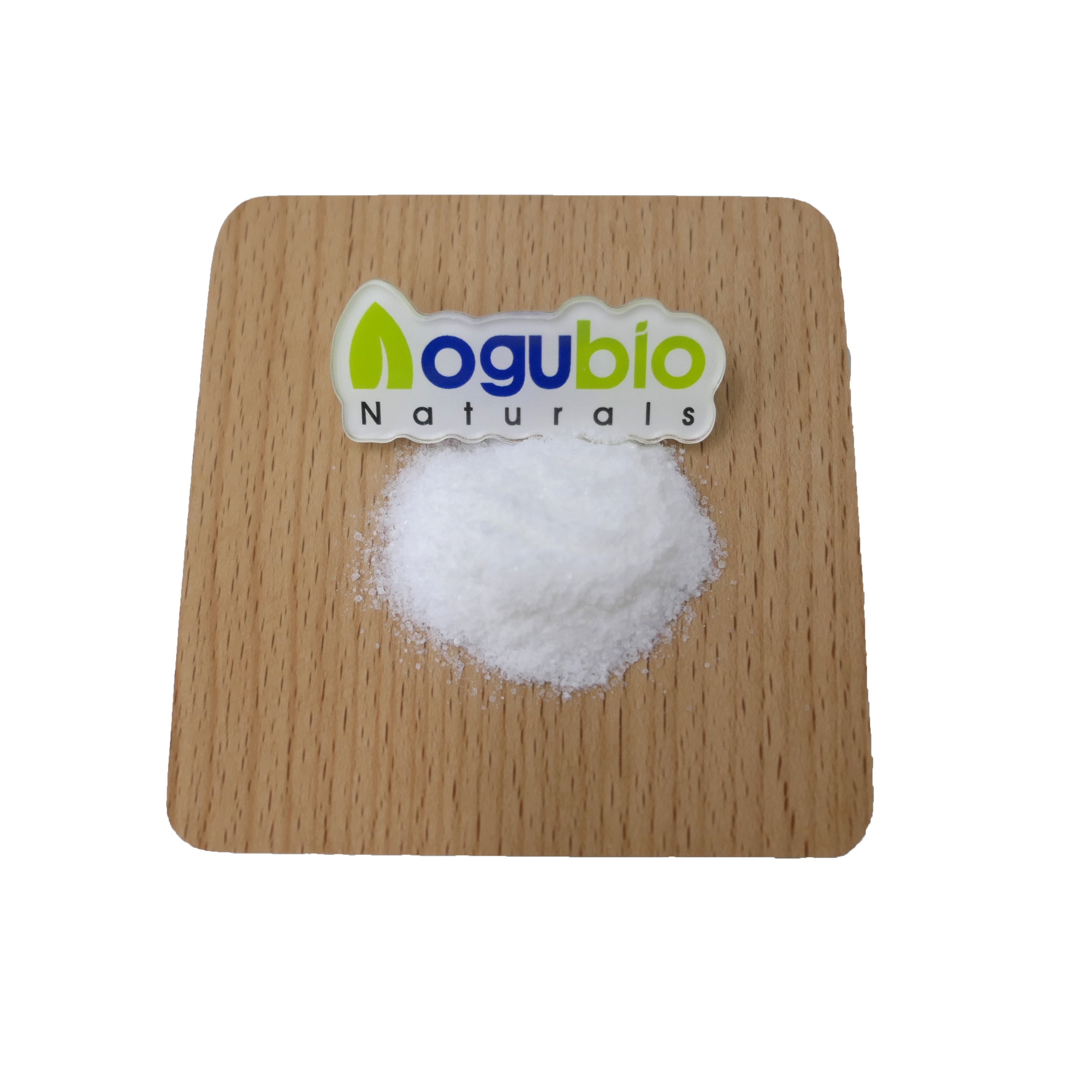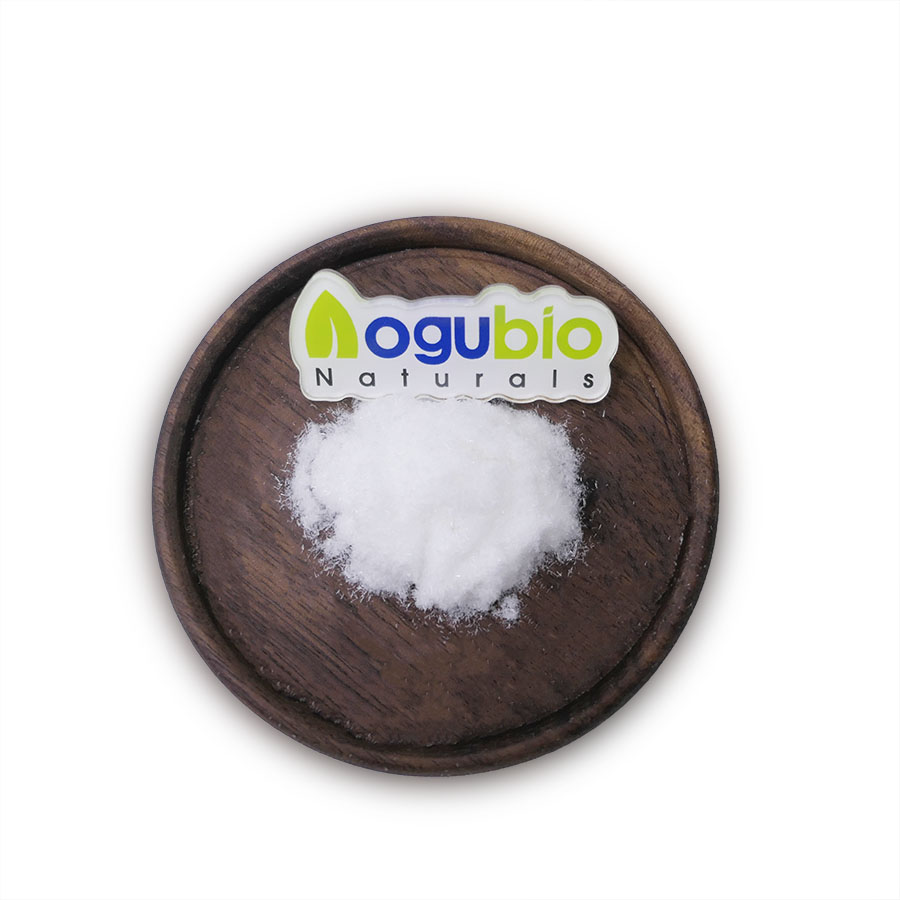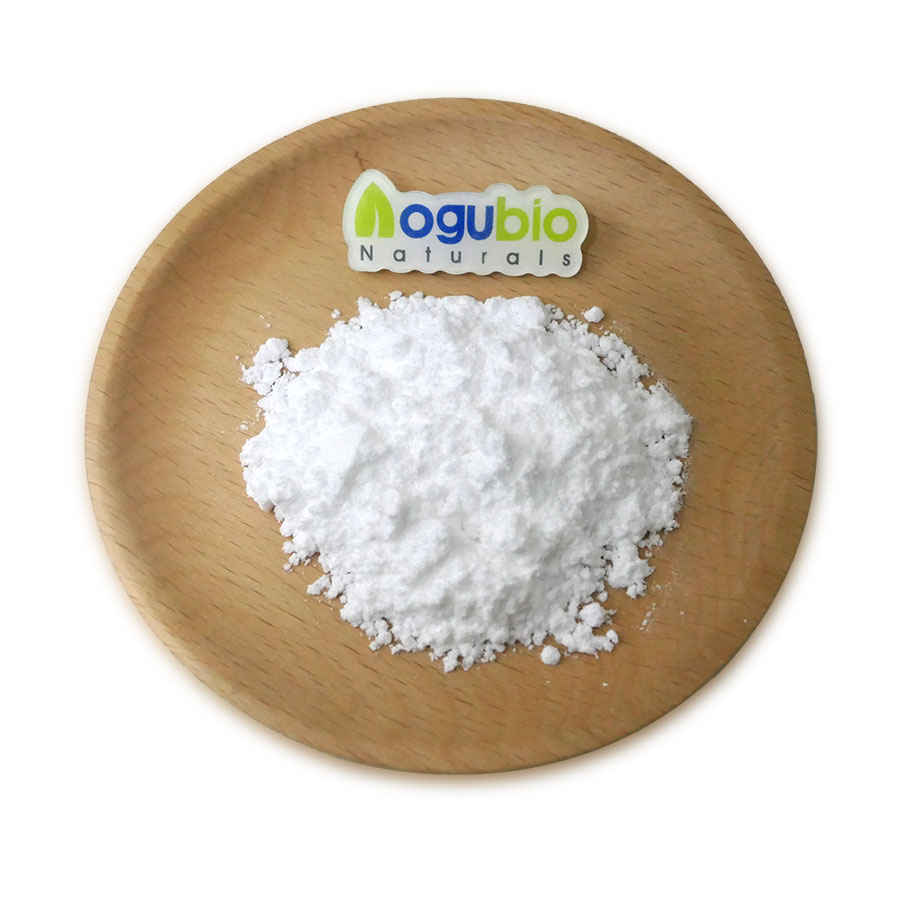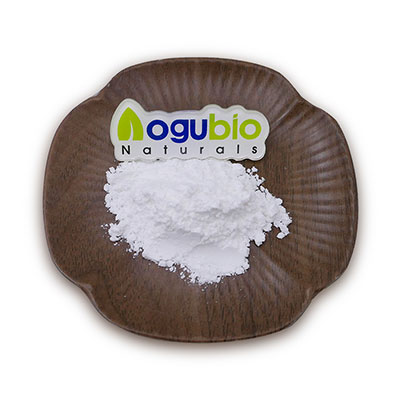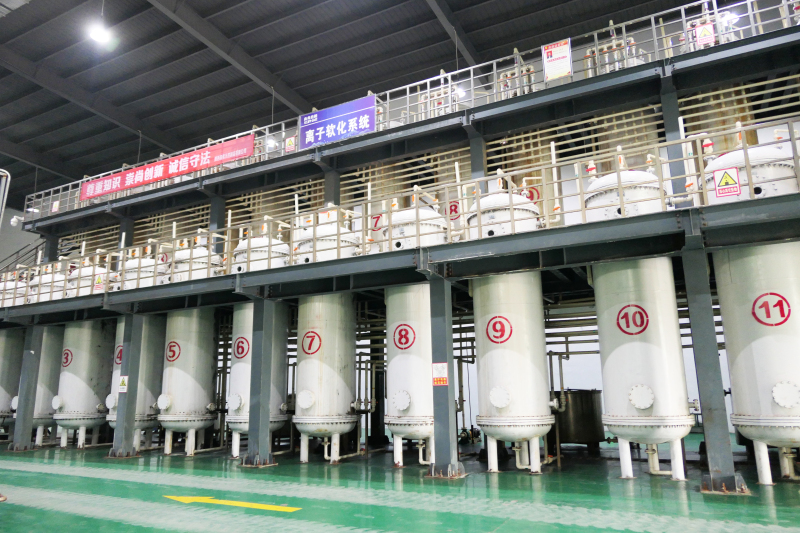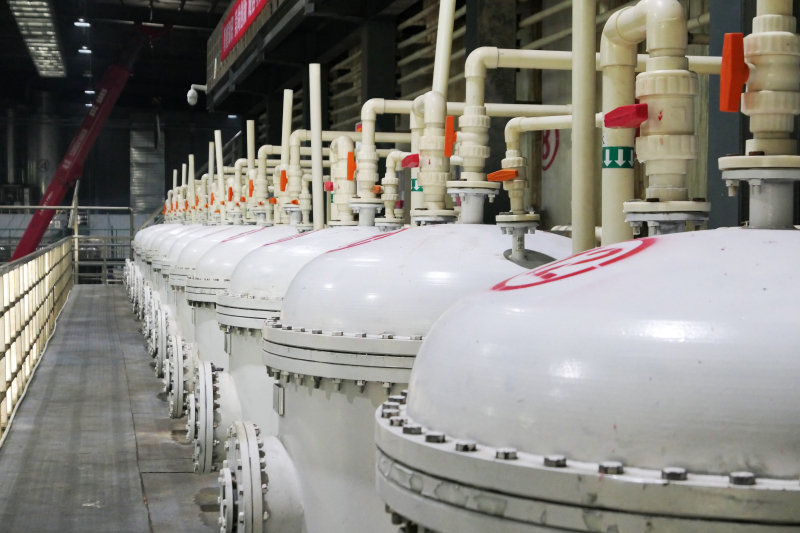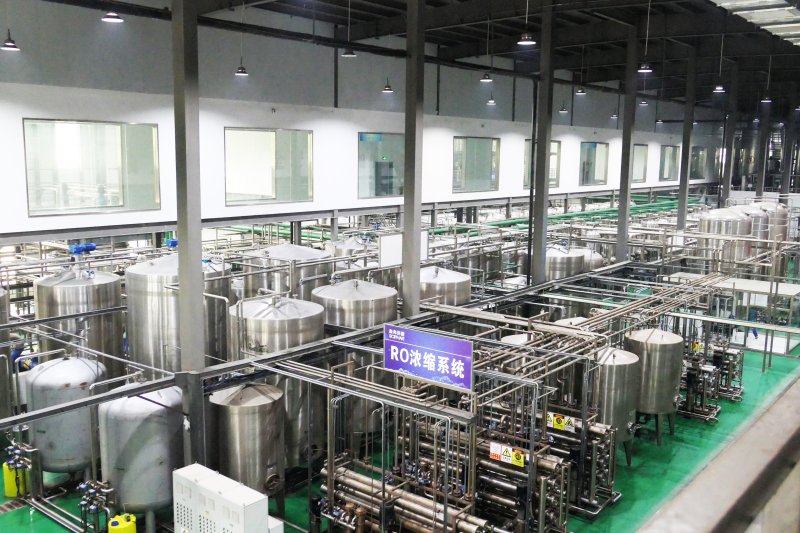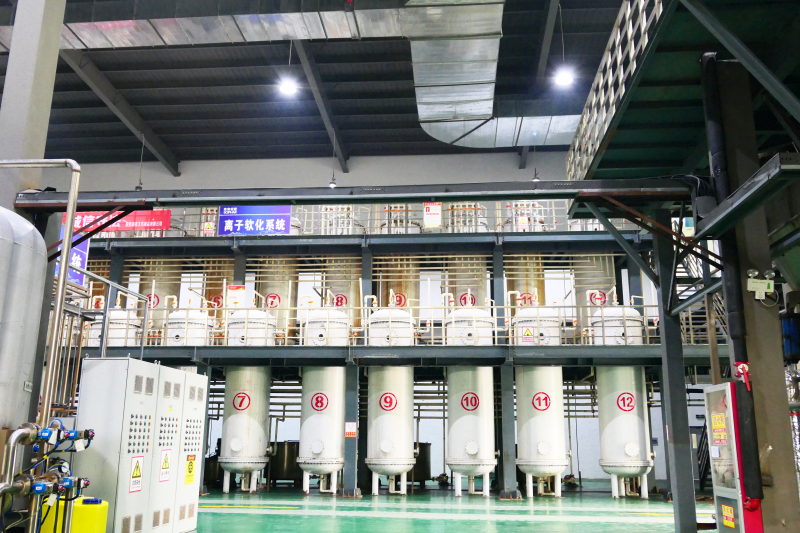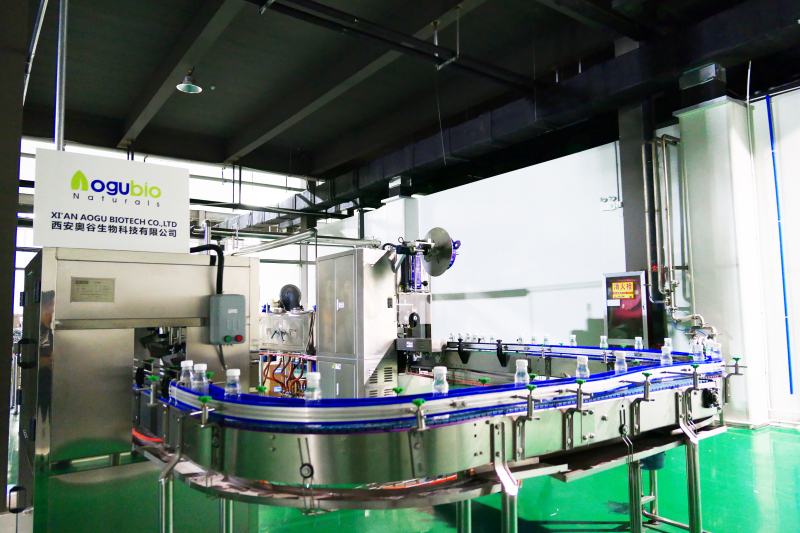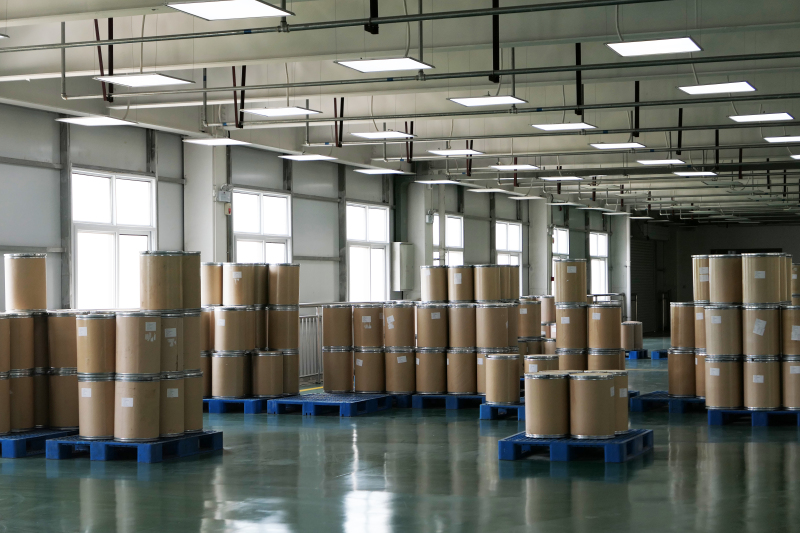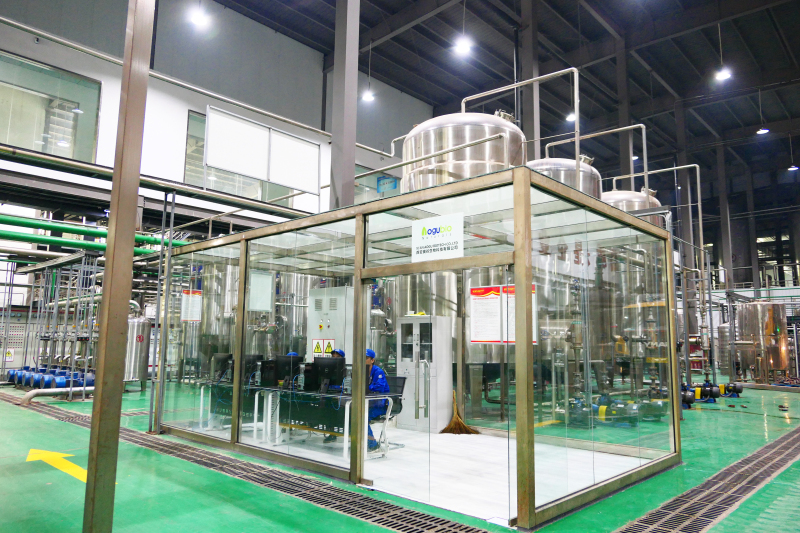Food Grade Natural Food Preservative polylysine powder
Product Description
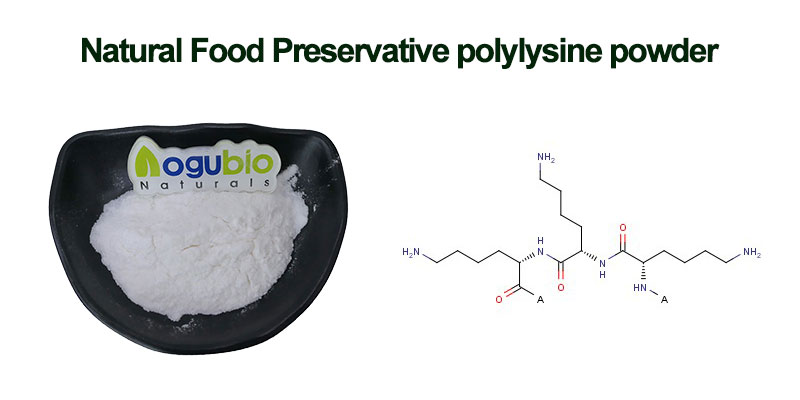
Polylysine is a polymer composed of lysine monomers, usually found in natural or synthetic forms. It has a variety of applications, including in the food industry, medicine and biotechnology.
Polylysine (ε-poly-L-lysine, EPL) is a small natural homopolymer of the essential amino acid L-lysine that is produced by
bacterial fermentation. ε-Poly-L-lysine is used as a natural preservative in food products.ε-Polylysine belongs to the group of cationic polymers. In water, ε-polylysine contains a positively charged hydrophilic amino group . According to research, ε-polylysine is adsorbed electrostatically to the cell surface of the bacteria, followed by a stripping of the outer membrane.This eventually leads to the abnormal distribution of the causing damage to the bacterial cell.
ε-Polylysine is recognized as a very safe substance in the scientific community. ε-Polylysine was generally recognized as safe as food preservative in October, 2003.It had been approved for use as an antimicrobial agent in cooked rice or sushi rice at levels up to 50 milligrams per kilogram (mg/kg) of rice. The results of an acute toxicity study and bacterial assays for mutagenicity shows that ε-Polylysine was non-toxic and there was no evidence for mutagenic activity of ε-Polylysine. So ε-Polylysine is absolutely safe to be used as food preservative.
BASIC ANALYSIS
|
Items |
Specifications | Results |
|
Appearance |
White powder | Complies |
| Odor | Characteristic | Complies |
| Assay | ≥99% | 99.26% |
| Loss on Drying | ≤ 5.0% | 3.25% |
| Residue on Ignition | ≤ 1% | 0.93% |
| Mesh size | 100% pass 80 mesh | Complies |
| Heavy Metal | < 10ppm | Complies |
| As | < 2ppm | Complies |
| Microbiology | ||
| Total Plate Count | ≤ 1000cfu/g | <1000cfu/g |
| Yeast & Moulds | ≤ 100cfu/g | <100cfu/g |
| E.Coli. | Negative | Negative |
| Salmonella | Negative | Negative |
Function


- Food preservative: Polylysine is widely used as a food preservative, which can inhibit the growth of bacteria, mold and yeast and extend the shelf life of food. It can replace traditional chemical preservatives and is more beneficial to food safety.
- Pharmaceutical field: Polylysine has antibacterial and antiviral properties and is therefore used in the pharmaceutical field, such as as a preservative or antibacterial agent in pharmaceutical formulations. In addition, it is used in medical dressings and drug sustained-release systems.
- Biotechnology: In the field of biotechnology, polylysine is used as an additive to cell culture media to help cell growth and proliferation. It can also be used to wrap and protect nucleic acid molecules such as DNA and RNA for gene transfection and transformation experiments.
Overall, polylysine is a multifunctional compound with a wide range of applications, including food preservation, antibacterial and antiviral effects in the pharmaceutical field, and cell culture and nucleic acid protection in the biotechnology field.
